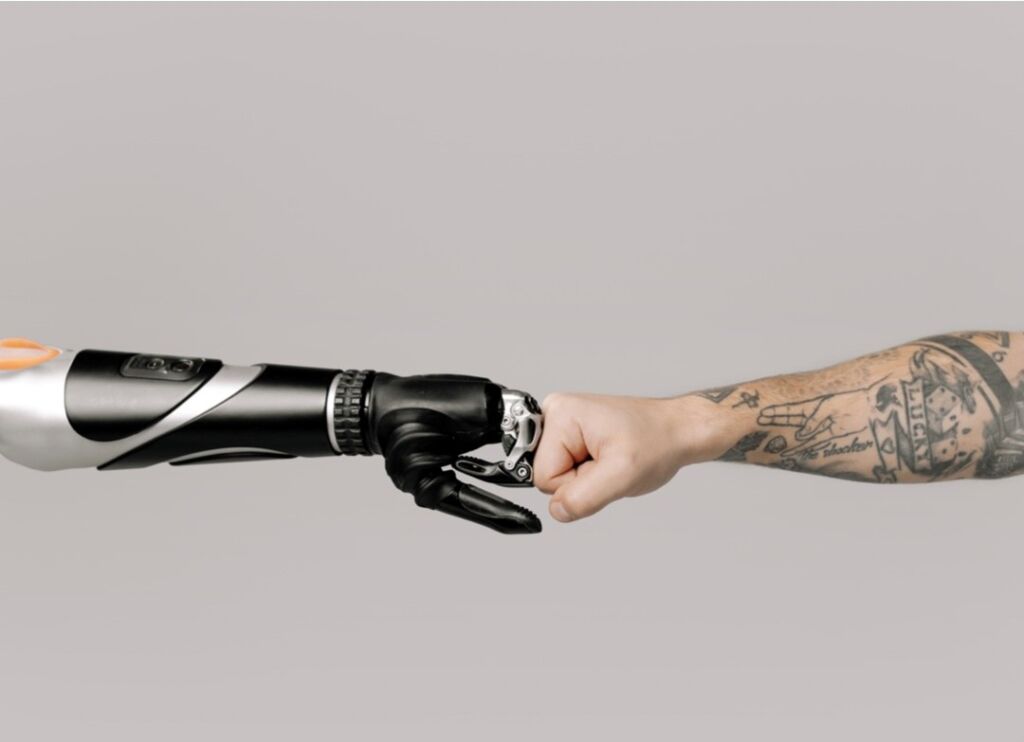Or are they?
I had an interesting conversation the other day with a candidate who is in the laboratory automation/robotics field. During his elevator pitch (if you don’t have one, by the way, you should), he explained that his company, one of the largest pharmaceutical companies globally, is investing heavily into technology that will replace manual laboratory work done by scientists.
Do more, faster
The efficiency push was happening long before COVID, but the pandemic has certainly emphasized the need for high-tech tools with an ever-increasing sense of urgency. And most every industry has benefited from automation/robotics/AI.
While many of us shifted to work-from-home, scientists (essential workers) had to be in the lab to keep their cells alive and continue experiments… so they could create those vaccines!
But change is on the horizon. The laboratory of the future, according to the candidate, will have not only the big automation systems you see in factories, but also the use of cobots, or collaborative robots. The goal is to reduce human error and fatigue, increase throughput and efficiency, and enable scientists to focus on other high-priority tasks.
You will become obsolete!
When you start talking about AI and robots, there seems to be a pervasive fear that these technologies will reduce the need for skills in the workforce, or even replace us entirely. When even the “essential” hands-on laboratory work is being done by a machine, will workers (and, ahem, recruiters!) be out of work?
I once worked in a highly automated lab where I programmed the robots and kept them operating at max capacity. This didn’t mean I was out of work or could sit idle. I still needed to be present to make them work. To feed them the inputs, and then deliver the outputs. To troubleshoot them when they failed (and they did fail at times).
What the system did was increase our throughput, enable more scientific studies, and ultimately increase the speed at which discoveries could happen.
As I saw firsthand, higher rates of adoption of technology will not take our jobs. Cobots are, by definition, collaborative. This implies that the workforce, and our definition of work, will evolve to use new tools and free up manpower (or brainpower) for other tasks. With higher and higher production and efficiency, more information is generated, and what to do with that data becomes critical. Therein lies an opportunity, assuming you have an abundance mindset.
Ok, so what does that mean for my job?
If I can offer one bit of advice (whether you’re headed into college or are already on your career path): embrace the ever-changing technology landscape and learn skills that will help you remain competitive. New types of jobs will continue to emerge as technology evolves. Data analysis, programming, in silico modelling, software development, robotics, AI… these are just some of the tools currently enabling the next-generation research lab. If I were deciding a major in college, equipped with the power of hindsight, I would include many of these subjects in my studies. When recruiting, we gauge candidates on their capability and willingness to learn, So even if uni is in the rear-view mirror, you can adapt to the changing marketing in stride.
We’ve adapted to new ways of life during a global pandemic– this is one of our human strengths. This will continue to happen during times of relative stability as well, and not just when nature demands it. Stay curious, nimble, and never stop learning. What at first might appear to be an obstacle can offer a chance to grow. After all, necessity is the mother of invention.
